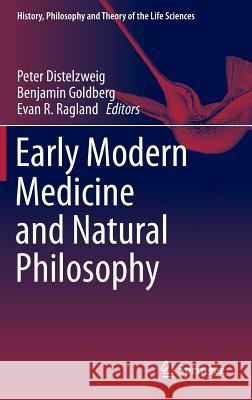Early Modern Medicine and Natural Philosophy » książka
topmenu
Early Modern Medicine and Natural Philosophy
ISBN-13: 9789401773522 / Angielski / Twarda / 2015 / 372 str.
Kategorie BISAC:
Wydawca:
Springer
Seria wydawnicza:
Język:
Angielski
ISBN-13:
9789401773522
Rok wydania:
2015
Numer serii:
000430567
Ilość stron:
372
Waga:
0.71 kg
Wymiary:
23.39 x 15.6 x 2.24
Oprawa:
Twarda
Wolumenów:
01
Dodatkowe informacje:
Wydanie ilustrowane











